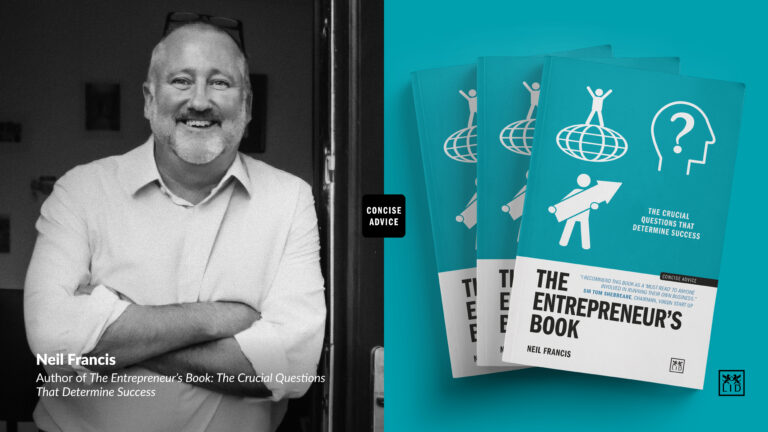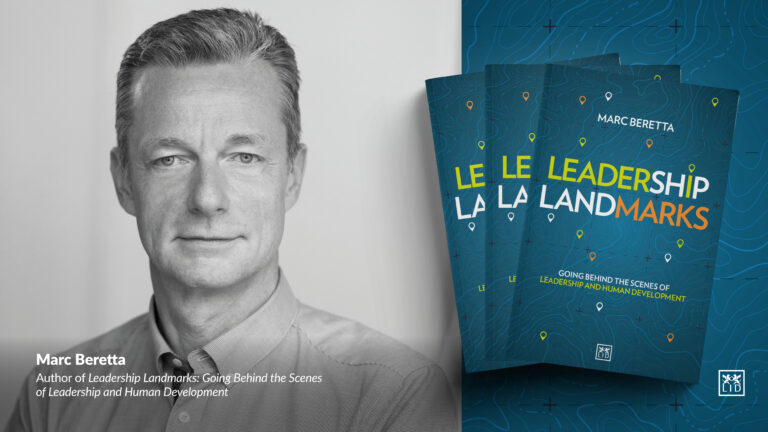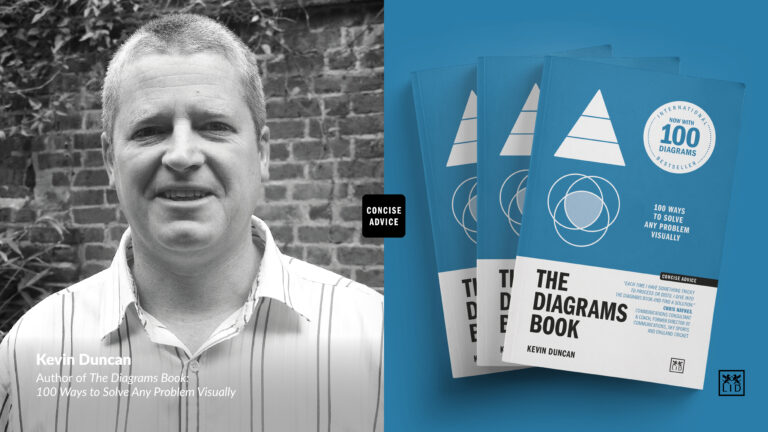|
Why Do Entrepreneurs Need to Ne Compassionate and Kind? with Neil Francis

Why Do Entrepreneurs Need to Be Compassionate and Kind? By Guest Contributor Neil Francis Author of The Entrepreneur’s Book, Neil Francis, shares why entrepreneurs need to show compassion and kindness and gives tips on how to do it.







